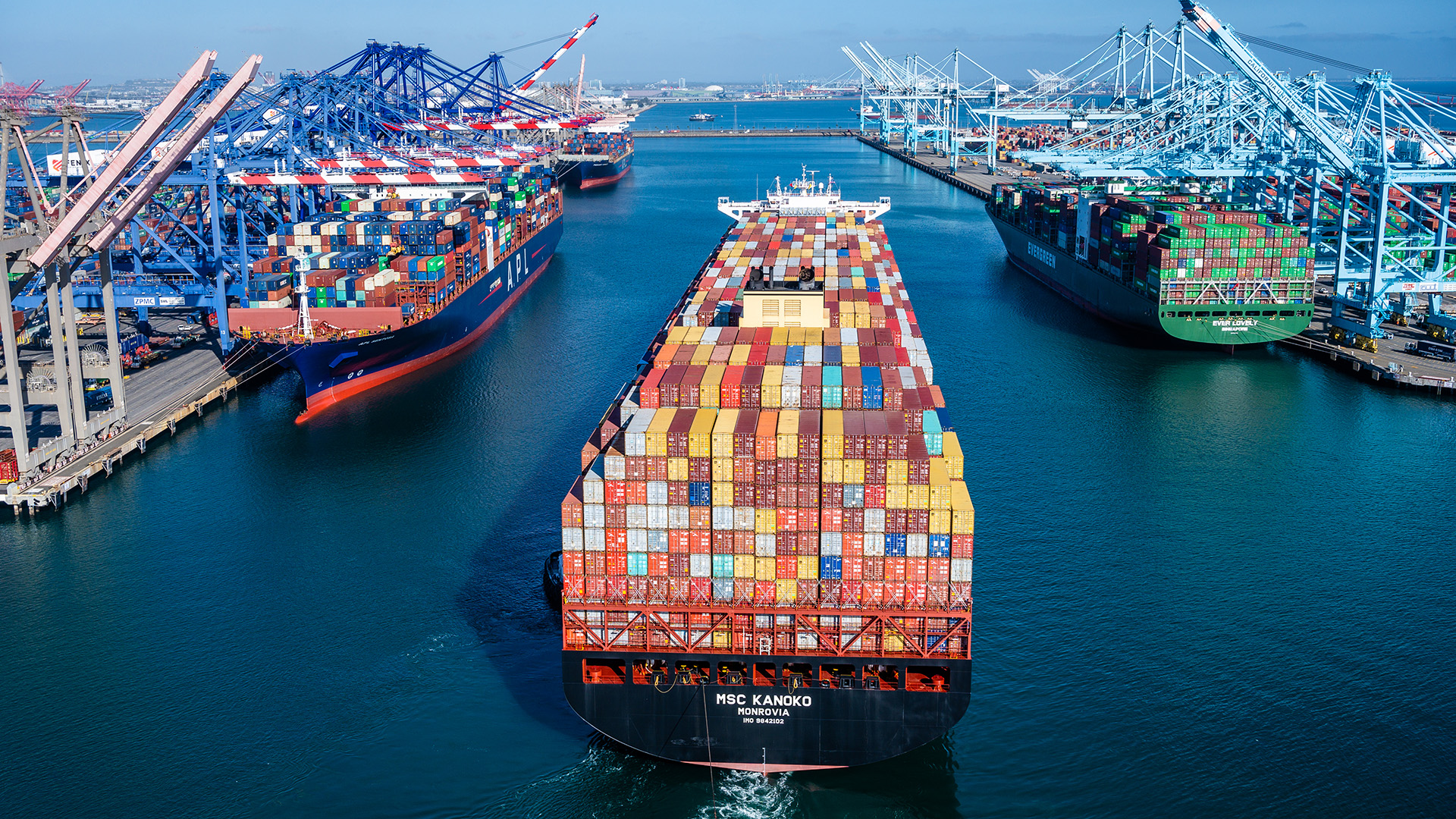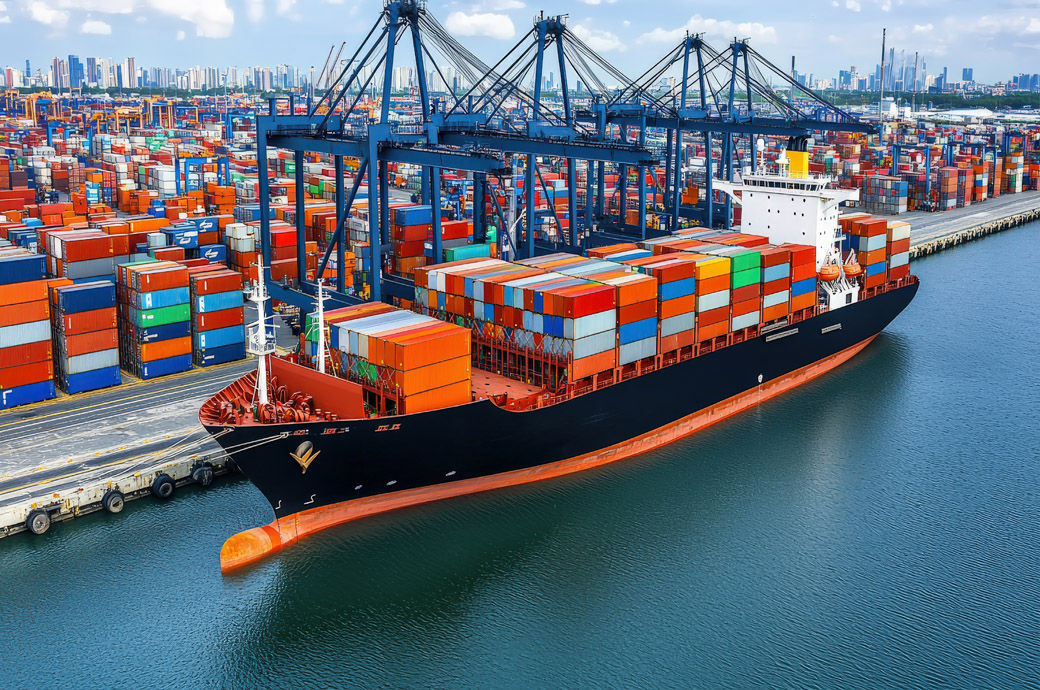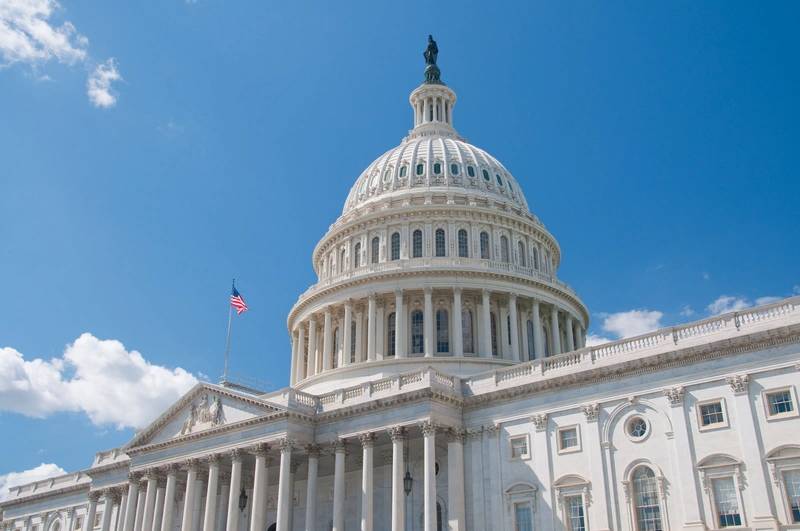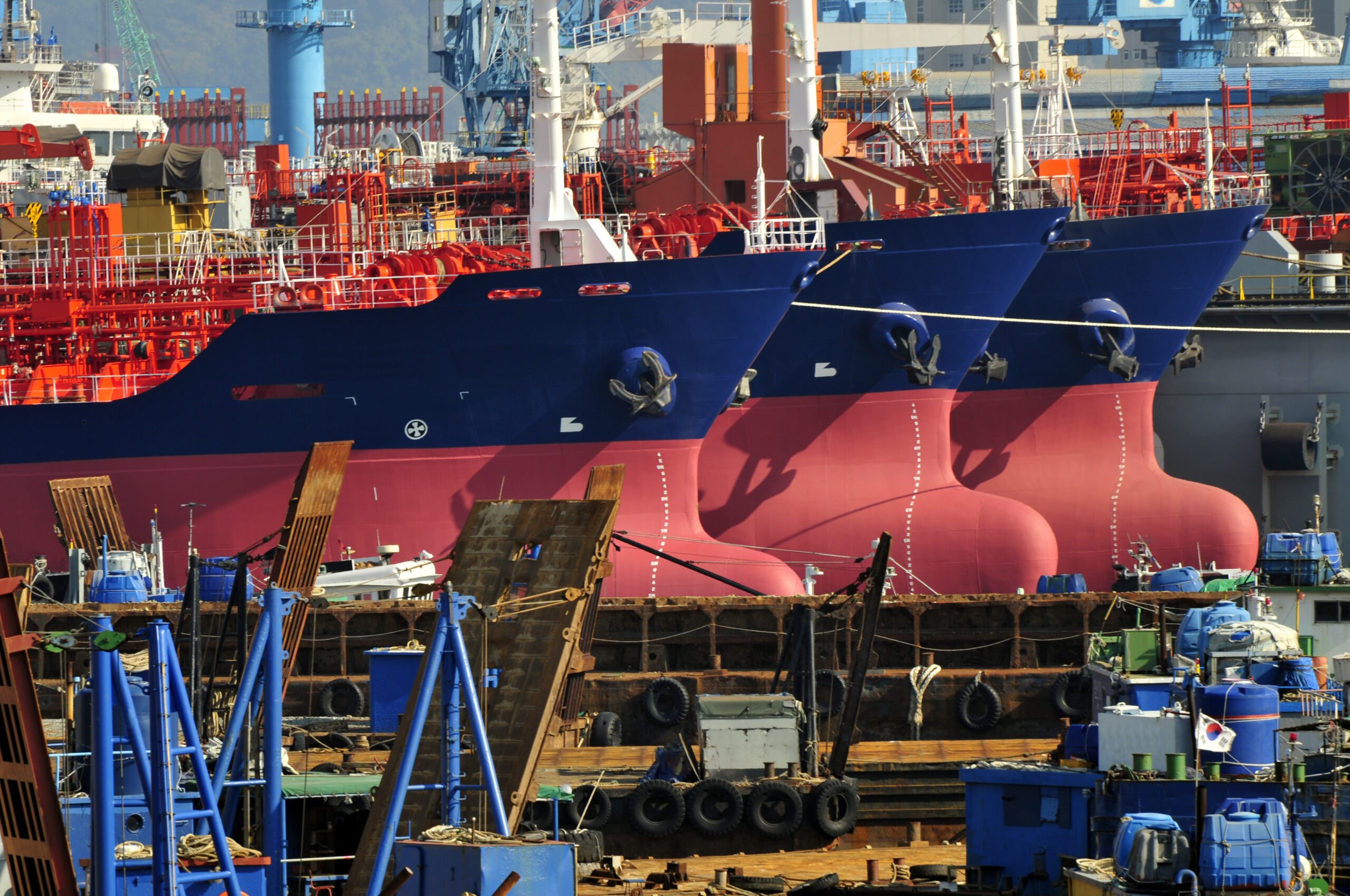






In a notable expansion of the US-South Korea alliance, Secretary of the Navy Carlos Del Toro visited Korean shipyards in early 2024, emphasizing the growing collaboration in the shipbuilding sector. This visit comes amid increasing competition from China, whose shipbuilding capabilities continue to rise while the US industry faces significant challenges [47c03c2a].
In June 2024, Hanwha Ocean made a bid to purchase Philly Shipyard, aiming to bolster US maritime capabilities through foreign investment. This follows a previous unsuccessful attempt to acquire Austal's yard in Alabama, underscoring the strategic importance of enhancing US shipbuilding capacity as geopolitical tensions escalate [47c03c2a].
As part of this partnership, Hanwha Ocean's Geoje shipyard is set to undertake maintenance, repair, and overhaul (MRO) services for the US Military Sealift Command, further integrating South Korean capabilities into the US defense infrastructure [47c03c2a]. However, potential political friction and structural issues could challenge the cooperation, particularly in light of President Yoon's recent declaration of martial law and the ongoing impeachment proceedings that may affect bilateral relations [47c03c2a].
Despite these challenges, there is bipartisan recognition in the US of the necessity for allied assistance in shipbuilding, reflecting a historical resilience in US-Korea cooperation despite political transitions [47c03c2a]. This evolving partnership is crucial not only for enhancing military readiness but also for countering China's growing influence in the maritime domain, as evidenced by recent developments in the shipbuilding industry [ab8636df].
On January 19, 2025, the U.S. Trade Representative (USTR) announced that China's dominance in maritime logistics and shipbuilding is 'actionable' under Section 301 of the Trade Act of 1974. USTR Katherine Tai stated that this dominance undermines fair competition and increases economic security risks for the United States. Currently, the US ranks 19th in commercial shipbuilding, producing less than five ships annually compared to China's over 1,700 [0eb9d380]. The findings indicate that China's practices displace foreign firms and create dependencies, reducing supply chain resilience [0eb9d380].
The USTR's report concluded that China's dominance in the maritime, logistics, and shipbuilding sectors is 'unreasonable' and burdens U.S. commerce, with China's shipbuilding market share rising from less than 5% in 1999 to over 50% in 2023 [08421565]. U.S. international trade increasingly relies on Chinese vessels and infrastructure, prompting lawmakers to introduce the SHIPS for America Act to revitalize the U.S. maritime industry [08421565].
In a related context, Baldwin praised the USTR's report detailing China's unfair trade practices that harm American shipbuilding. She urged President-elect Trump to address these issues and support U.S. workers. Over the past 20 years, the U.S. has lost significant shipbuilding capacity, producing fewer than ten ocean-going vessels annually compared to China's over 1,000 [bd8a2e7c]. Baldwin has advocated for Buy America policies and the American Made Navy Act to ensure domestic production in the Navy by 2033 [bd8a2e7c].
Amid these shifts, Hudong-Zhonghua Shipbuilding's recent contract with Seaspan Corporation to construct six containerships settled in yuan marks a significant step in promoting the yuan's role in global trade. This contract is the first of its kind in the shipbuilding sector and aligns with China's broader strategy to internationalize its currency [ab8636df]. As China continues to dominate global shipbuilding, accounting for over half of the world's completions, the dynamics of international maritime cooperation will be increasingly shaped by these developments [ab8636df].
A U.S. investigation initiated in April 2024 found that China has utilized unfair trade practices to dominate global shipping and shipbuilding markets. The probe revealed that China's share of the global shipbuilding market rose from less than 5% in 1999 to over 50% in 2023, while it controls 95% of global shipping container production and 86% of intermodal chassis supply [1aa0678e]. The report highlights China's targeting of maritime sectors through subsidies, forced technology transfer, and labor exploitation, with long-term goals of achieving 50% market share in high-technology ships by 2025. This dominance poses significant economic security risks for the U.S. and threatens national security [1aa0678e].
Washington is also investigating Chinese shipbuilders for unfair practices, which may slightly benefit South Korean rivals. However, China's market dominance and substantial backlog of orders limit the potential impact of this investigation. Analysts suggest that Chinese shipbuilders will remain secure for the next 24 months, having surpassed their Japanese and Korean competitors in capabilities [19d3a590]. This investigation is part of broader US efforts to reduce dependence on Chinese manufacturing, reflecting the ongoing strategic competition between the US and China in the shipbuilding sector [19d3a590].